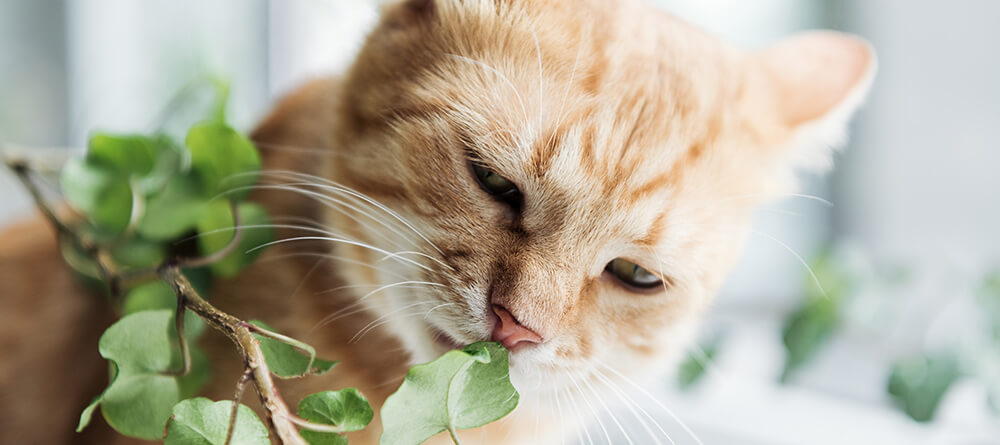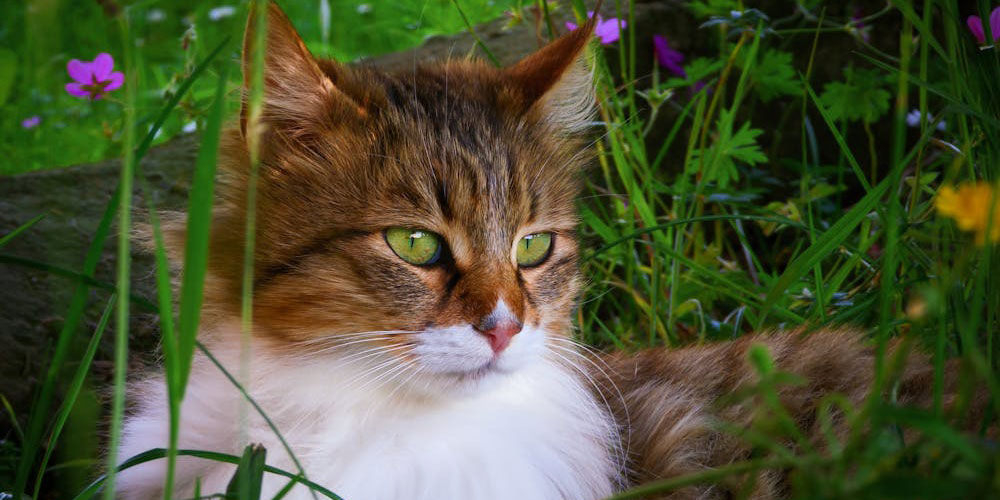Whether you’re a feline fan, a dog devotee, or another type of animal admirer, you want the best for your pet. You make sure they have plenty of love and attention. You also take your pet to the veterinarian for routine care.
While you’ve always scheduled check-ups with a small animal vet at a conventional clinic, you’ve started to wonder if you should investigate other options. You’re particularly curious about holistic veterinary care. There seems to be a lot of advocates out there, but you feel like you need a bit more information. What is holistic veterinary medicine and what does it entail?
We’ve done the heavy lifting for you, so there’s no need to spend hours researching the ins and outs of holistic veterinary care. Keep reading to learn more about this alternative veterinary medicine approach and whether it’s right for the animal (or animals) in your life.
What is holistic veterinary care?
There are differing opinions on what exactly holistic veterinary medicine entails. It can be confusing, especially when you hear skeptics weigh in. We reached out to Dr. Angie Krause of Boulder Holistic Vet to get to the bottom of it.
“I would define holistic veterinary care as using all diagnostic and treatment modalities that are available and effective,” Dr. Krause says. “Whether it’s a traditional pharmaceutical or an ancient herb, it’s really just using everything that’s available to address all aspects of an animal’s health.”
“I would define holistic veterinary care as using all diagnostic and treatment modalities that are available and effective.”
Holistic veterinarians also try to treat the whole body rather than focusing on one specific ailment. There’s a lot of emphasis on incorporating preventive measures, which can be useful for managing chronic conditions. Bear in mind that any veterinarian needs to have graduated from vet school and obtained licensure to practice, regardless of their treatment philosophy.

How does holistic veterinary care differ from traditional veterinary care?
Truthfully, the distinction between these two approaches depends somewhat on the veterinarian in question. Some holistic practitioners prefer to focus solely on alternative veterinary medicine therapies. Others, like Dr. Krause, use a blend of traditional Western treatments like vaccinations as well as holistic modalities.
“If I can fix something with Western medicine without too many side effects, I’m going to use that,” she explains. “But there are some diseases and disease processes where Western medicine just hasn’t left us with a lot of options.” She mentions that this is where alternative therapies, such as Chinese medicine, can make an impact.
There are plenty of times when a vet might employ multiple strategies as well. Dr. Krause uses an ear infection as an example. She explains that most traditional veterinarians would treat the condition with a combination of antibiotics, steroids, and antifungals.
“I would go a step above to maybe look at diet and consider some Chinese herbs or think about digestion.”
“I would use that, too,” Dr. Krause says. “But I would go a step above to maybe look at diet and consider some Chinese herbs or think about digestion.”
What treatments do holistic veterinarians use?
Now that you have a better understanding of what holistic veterinarians do, you might wonder what types of alternative veterinary medicine treatments they use. Holistic options, veterinary care experts will tell you, are both numerous and diverse. Vets who practice in this specific area employ a wide array of therapies to address health issues. You might even recognize some of them if you or someone you know uses nontraditional treatments occasionally.
“Acupuncture, chiropractic, herbs, and homeopathy — those would probably be the biggest modalities,” Dr. Krause says.
And there are even more options. The American Holistic Veterinary Medical Association (AHVMA) mentions low-level laser therapy, aromatherapy, and numerous other types of treatments. One thing to keep in mind is that services may vary from one veterinarian to another. It never hurts to ask a vet if they offer something specific or whether they can provide a referral.
Is holistic medicine right for your pet?
There’s no right answer to this question. Whether a holistic veterinarian is right for you and your pet is largely dependent on your own philosophy and what puts you at ease. Depending on the person and the pet, holistic care may or may not be the best choice.
“I really encourage people to do what feels right to them,” Dr. Krause offers. “If going the traditional path is what feels comfortable to you, I think that’s what you should do.”
“If going the traditional path is what feels comfortable to you, I think that’s what you should do.”
Before you commit to holistic veterinary care, be sure you have all your bases covered. We mentioned earlier that some holistic vets don’t use Western medicine at all. Dr. Krause recommends pet owners also find a traditional vet if they’re working with a practitioner who exclusively uses holistic therapies, because there are some limits to alternative veterinary medicine.
“A lot of Western medicine and surgery is life-saving and appropriate,” Dr. Krause explains. Emergency surgery following an accident is one example.
How can you find a holistic veterinarian?
If you’re interested in seeking holistic veterinary care, you can start by searching the AHVMA’s database. You can filter by location, practice type, and even specific treatments. Don’t be afraid to shop around to find the right fit.
“I think that it’s important to find a veterinarian that you’re comfortable with and that your communication style works with,” Dr. Krause says. “It’s never okay for your veterinarian to make you feel bad about your choices.”
Prioritize animal health
Now that you know a little more about holistic veterinary care, you can decide whether it’s right for you and your pet. It’s really a matter of preference. Plenty of pets have had wonderful success with both traditional and holistic vet care. And don’t forget that you play an important role in your animal’s well-being.
Good nutrition, a safe environment, and proper grooming are all important for keeping your pet healthy. Learn more about how to ensure your household creatures thrive by reading our article, “Taking Care of Animals: Pro Tips for Pet Owners.”

